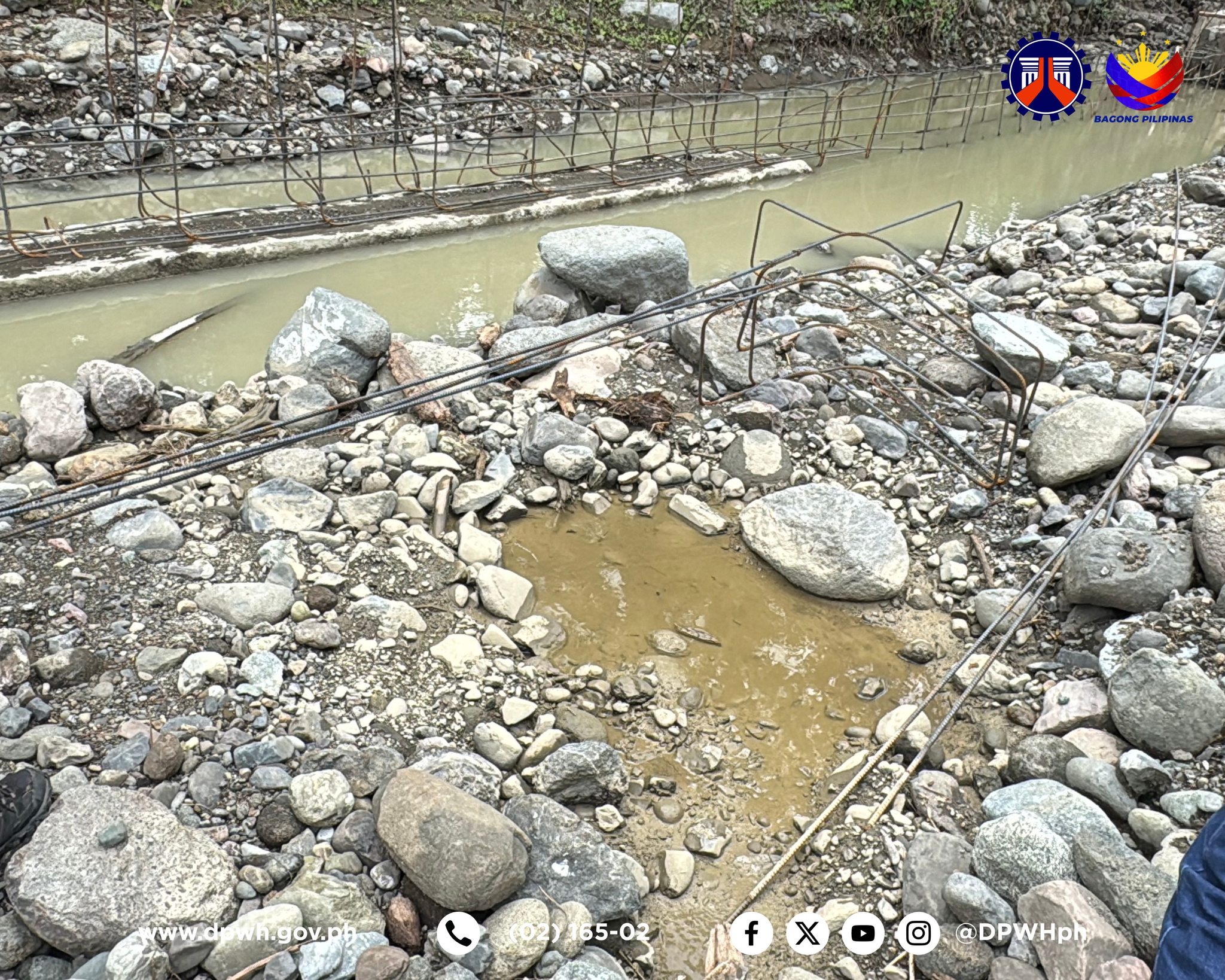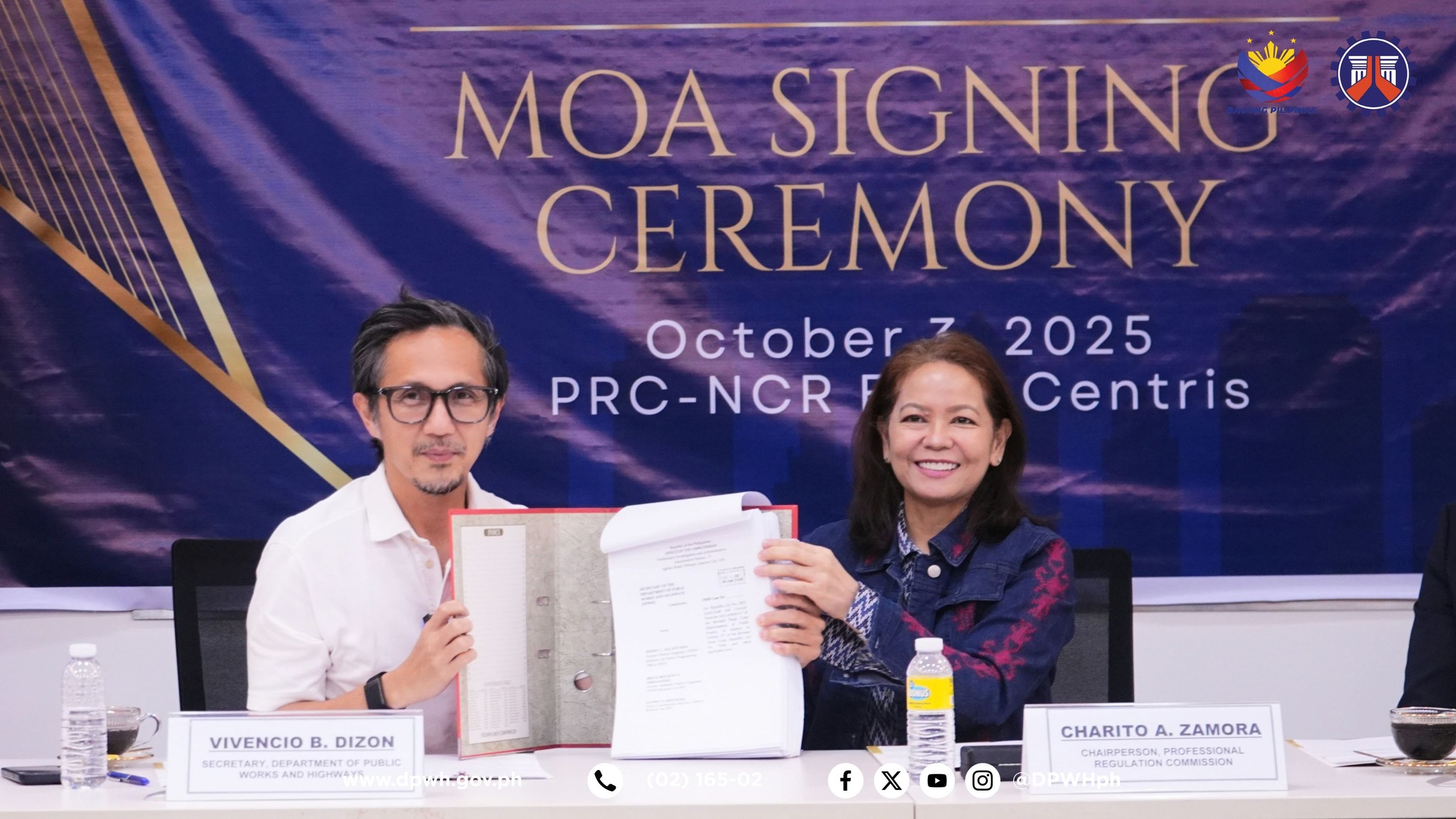
By Anna Leah Gonzales and Ferdinand Patinio | Philippine News Agency
The Anti-Money Laundering Council (AMLC) on Friday said it secured another freeze order from the Court of Appeals (CA) covering more assets linked to alleged irregularities in flood control spending.
In a statement, AMLC said the freeze order covers 57 bank accounts, 10 real properties, and nine motor vehicles under its watch.
Prior freeze orders have already led to the immobilization of assets valued at over P4 billion.
AMLC said that to date, the CA has frozen a total of 1,620 bank accounts, 54 insurance policies, 163 motor vehicles, 40 real properties, and 12 e-wallet accounts.
Among the assets seized are high-value holdings such as a luxury compound in a prime urban district, multiple high-end vehicles, virtual currencies, and unit investment trust funds.
“These freezes are real actions that stop corruption,” said lawyer Matthew David, AMLC executive director. “Every peso frozen is a peso that cannot be used to sustain corruption,” he added.
AMLC said it remains committed to tracing financial links to public sector anomalies.
Discaya firms face potential P300-B fines for bid rigging
Construction firms owned by couple, Pacifico “Curlee” Discaya and Cezarah Rowena “Sarah” Discaya could face up to P300 billion in penalties for allegedly rigging over 1,200 flood control contracts, according to the Department of Public Works and Highways (DPWH).
In a press briefing on Friday, DPWH Sec. Vince Dizon said the government has awarded 1,214 flood-control contracts to Discaya-owned firms since 2016 for a total amount of P77.934 billion.
Dizon said if the bid manipulation is proven, a P110-million fine could be slapped on the first offense, with additional P250 million for each subsequent offense.
“Mas malaki pa ang penalty,” Dizon said, comparing the potential fines to the total amount of the awarded contracts.
The latest development was shared after the DPWH filed 12 cases of bid rigging and bid manipulation before the Philippine Competition Commission (PCC) in Quezon City in connection with the flood control projects.
Dizon said this is in response to the desire of President Ferdinand R. Marcos Jr. to immediately punish those who stole and immediately return the funds to the national treasury.
“The President’s order is to hold all those who are responsible, accountable. Recover what was stolen and return it to the people,” he said in a press conference.
The 12 cases accused five companies of violating the Philippine Competition law: Wawao Builders owned by Mar and Alla Arevalo (three cases); IM Construction owned by Robert Imperio (two cases); SYMS Construction owned by Sally Santos (two cases); St. Timothy Construction Corporation owned by the Discaya couple (two cases); and Sunwest Construction, which is linked to resigned Ako Bicol party-list Rep. Zaldy Co (three cases).
Dizon said the 12 cases, the first batch filed with the PCC, are supported by evidence sourced from the Senate Blue Ribbon Committee, which conducted an investigation into anomalous flood control projects.
He expected the PCC investigation to be concluded within three months.
License revocation
Also on Friday, the DPWH submitted documents to the Professional Regulation Commission (PRC) and asked for the revocation of licenses of 20 engineers, including former Bulacan district engineer Henry Alcantara.
Alcantara and several other engineers are implicated in alleged anomalous flood control projects.
The documents were submitted after the signing of a memorandum of agreement (MOA) between the DPWH and the PRC for the establishment of mechanisms for information exchange, referral of administrative complaints, and joint monitoring and coordination in investigation of violations.
“There really needs to be a deep working relationship between the DPWH and the PRC so that not only those involved in the anomaly are held accountable, but also to prevent it from happening again in the years to come,” Dizon said.
The MOA was signed by Dizon and PRC Chairperson Charito Zamora, who said they will do their best to immediately act on the DPWH’s request.
“We will give them (respondents) 15 days to respond, another 15 days to come up with the position paper. We are looking [to resolve it] within the next few months,” Zamora said.

